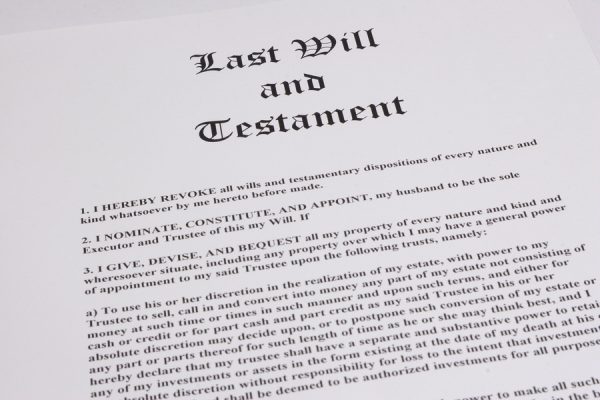
If you have a Trust or Will matter that has problems, do yourself a favor and take action quickly. How quickly? That depends on the type of claim you are bringing.
The problem with Trust and Will lawsuits is that they are subject to a confusing morass of statutes of limitation that could potentially sink your case before it even begins. Unlike other areas of the law, such as personal injury (two year statute of limitations) or contract (two years for breach of oral contracts, four years for breach of written contract), there is not a single set of statutes of limitations that applies.
For example, if you want to challenge the actions of a Trustee, you have three years after receiving an accounting, or 180 days if the Trust provides for that timeframe and the accounting has the necessary language to trigger it. If, however, the trustee has not accounted, but provided some other type of written “reports”, then the three-year statute of limitations only applies IF the report discloses enough information for you to know there is a potential claim against the Trustee. What is enough information to disclose a claim? Who knows? Only a Court can make that determination. If you receive no accounting, no report, or an insufficient report, then the statute of limitations against a Trustee remains open indefinitely.
Do you want to overturn a Trust or Trust amendment? You have 120 days after being served with written notification from the Trustee, provided the notice meets the requirements of Probate Code section 16061.7. If you are served with notice, but not a copy of the Trust document, then you have 60 days after receiving a copy of the Trust document, which can exceed the original 120 days if the Trust document is sent to you just prior to the expiration of 120 days. If you never receive a notification from the Trustee, then your statute to contest the Trust remains open indefinitely.
What about contesting a Will? You have to do that before it is admitted to probate, or file to revoke probate within 120 days after the probate is opened. If probate is never opened, then the timeframe to contest a Will can remain open indefinitely.
Have a claim against a decedent? You only have one year from the date of death to file a claim in probate. Or four months after probate is opened and Letters are issued to a general Personal Representative.
On top of all these confusing statutes of limitations you have to consider the equitable doctrine of Laches. Laches is a concept that allows a Court to deny your lawsuit because you simply waited too long to bring it, even though you did not exceed the statute of limitation. So sitting on your rights could do more damage that you can imagine.
Why is this all so confusing? Because each statute of limitation is triggered (or not) under different code sections depending on the type of action you are taking. And in many cases you have to take several different actions at the same time. So you may be contesting a Trust, and Will, and the actions of a Trustee all within a single case. Or your lawsuit may require you to make a claim against the decedent, and file to overturn a Trust, and overturn a Will, all in one case.
The bottom line: if you have a problem with a Will or Trust issue, take action as quickly as you can. The longer you wait, the more likely you will blow your statute of limitations.
